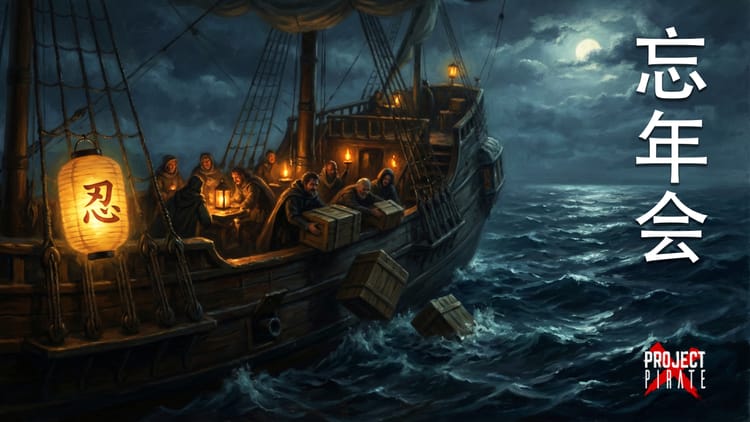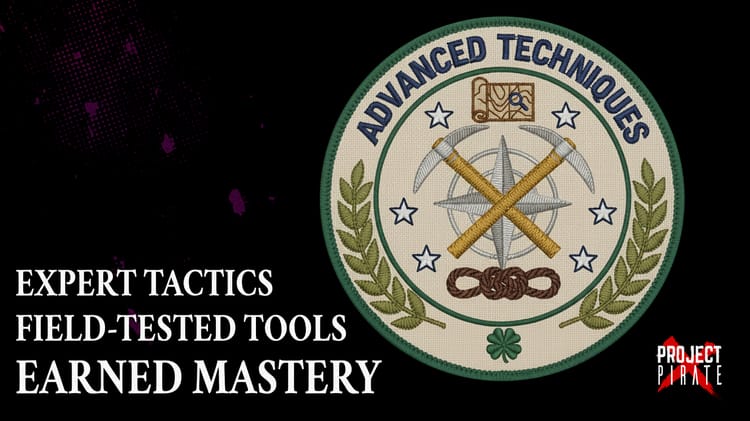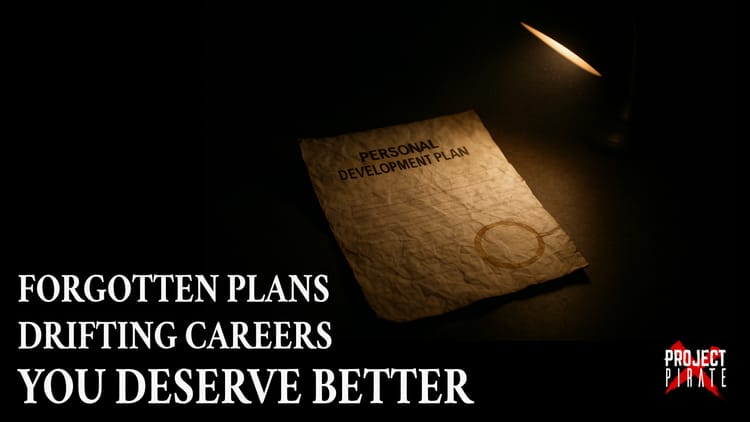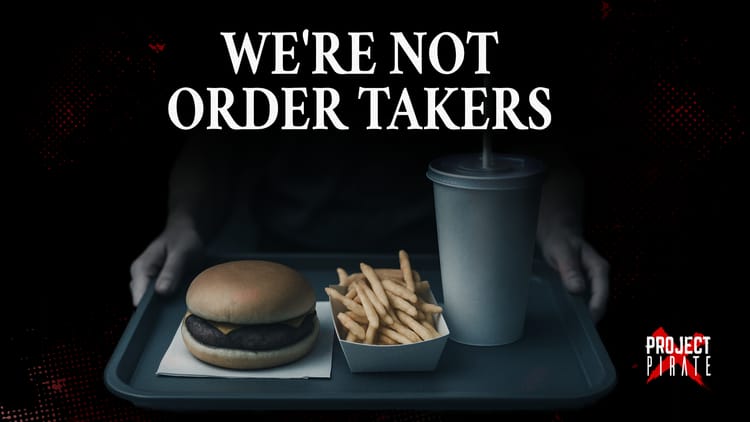When Questions Feel Like Attacks: Navigating the Choppy Waters Between Detail-Oriented PMs and Their Teams
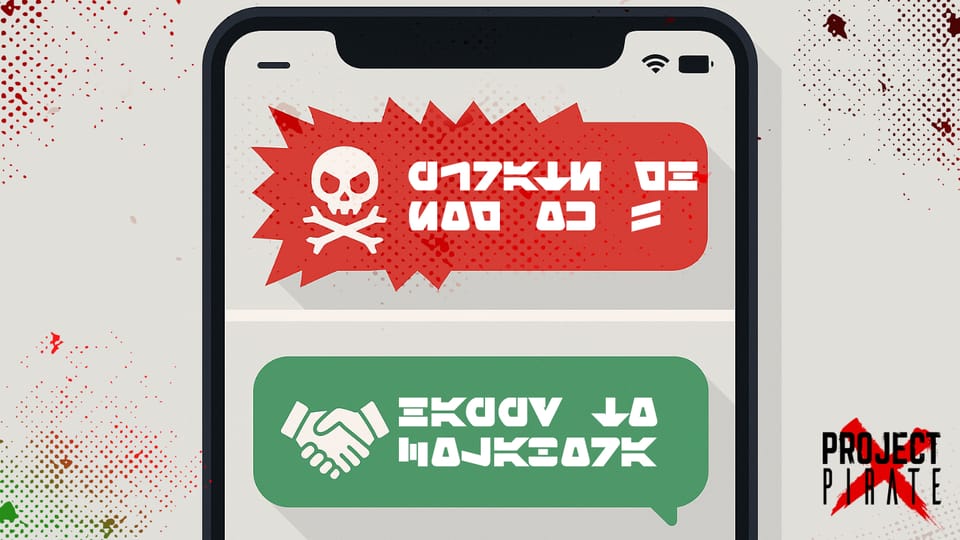
How to transform friction into collaboration when working styles clash
The Scenario
You have a project manager who's everything you'd want in the role: meticulous, thorough, relationship-focussed and genuinely interested in getting to the root of issues. They ask the right questions, dig into details that matter and consistently uncover information that proves valuable to the project's success.
Yet somehow, this same PM regularly receives feedback that they're "too forceful," "too direct" or "asking for details they shouldn't need to bother about." The very behaviours that make them effective are creating friction with their teammates.
Sound familiar?
The Real Problem Isn't the Questions
What we're witnessing isn't a case of a PM overstepping boundaries or being unnecessarily aggressive. Instead, we're seeing a clash of working styles that reveals two deeper human dynamics at play:
The Defensive Knowledge Gap: People react poorly to direct questions not because the questions are inappropriate, but because being asked exposes what they don't know. The discomfort of not having an answer gets redirected as criticism of the person asking the question.
The Time Horizon Misalignment: Detail-oriented PMs operate with longer time horizons, trying to prevent future problems. Meanwhile, other team members - particularly in Agile environments - are focussed on immediate execution within the current sprint window. Neither approach is wrong, but without mutual understanding, the PM's forward-thinking questions feel like unwelcome interruptions to people trying to deliver in the here and now.
When Styles Collide
The Developer's Perspective
"I'm deep in code, trying to solve this integration challenge and the PM keeps asking about edge cases three sprints away. Why can't they just let me focus on what's in front of me?"
The PM's Perspective
"I'm seeing potential issues down the road that could derail our delivery. If I don't ask these questions now, we'll be scrambling later. Why is everyone treating me like I'm being difficult?"
The Other PM's Perspective
"We're doing Agile - we adapt as we go. This level of detailed questioning feels like micromanagement and goes against our iterative approach."
Both sides are operating from legitimate concerns, but they're speaking different languages and optimising for different outcomes.
The Cost of Rough Seas
When these style conflicts go unaddressed, your project can hit some serious rough waters:
- The treasure gets lost overboard - valuable insights get dismissed because the delivery method feels uncomfortable.
- The thorough PM starts self-censoring, reducing the quality of risk management.
- Team members become defensive rather than collaborative when asked for information.
- Real issues get discovered later when they're more expensive to fix.
- Trust erodes as people misinterpret motives and competence.
Building Bridges, Not Walls
The solution isn't to change personalities or abandon thorough project management. Instead, it's about creating mutual understanding and developing style translation skills.
For the Detail-Oriented PM: The Art of Question Translation
Lead with context, not the question: Instead of "What happens if the API fails during peak load?" try "I'm thinking about our go-live day and want to make sure we're prepared for high traffic. What happens if the API fails during peak load?"
Ask permission before asking questions: Use pre-statements like "Would now be a bad time to ask about the integration challenges we might have with X department?" This gives people control over the timing while showing respect for their current focus.
Note: Chris Voss (Author of 'Never Split the Difference') suggests reframing questions to invite a "no" response. This gives permission to say no while often getting you the same result.
Time your inquiries: Read the room. A developer debugging under pressure isn't ready for hypothetical scenarios. Wait for natural break points or schedule dedicated sessions for forward-looking discussions.
Distinguish between need-to-know and nice-to-know: Your curiosity about details is valuable, but not every detail needs to be explored immediately. Prioritise questions that affect near-term decisions.
Frame as collaboration, not interrogation: "I'd love your insight on something" feels very different from "I need to know why you chose this approach."
For the Team: Understanding the Value of Thoroughness
Recognise the protection: That "annoying" level of detail often prevents the 2 AM emergency calls and weekend fire drills that nobody wants.
See the future focus: Questions about downstream effects aren't distractions from current work - they're investments in making that current work more valuable.
Appreciate the safety net: A PM who asks tough questions now is creating space for you to do your best work without worrying about what you might have missed.
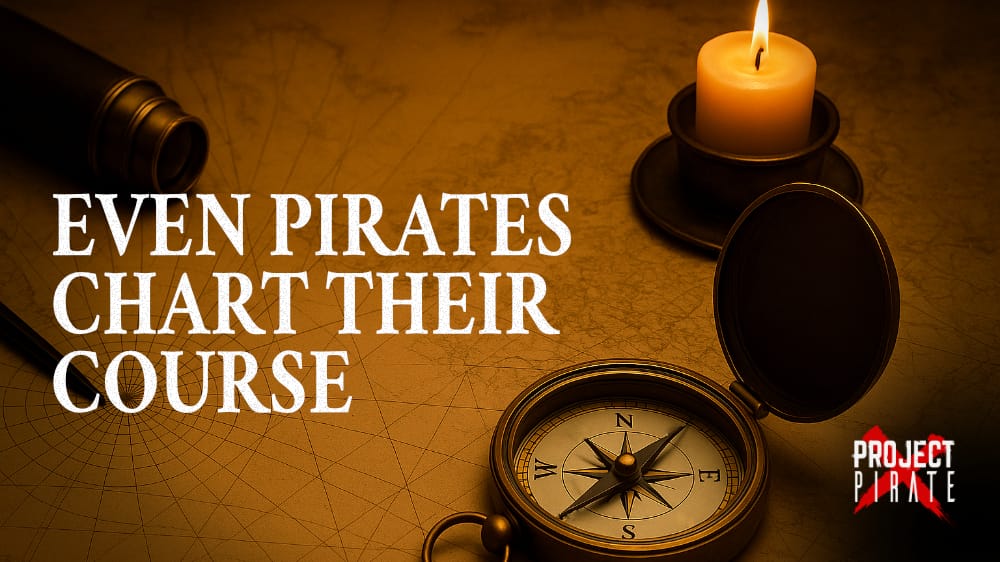
For Everyone: Getting the Whole Crew Rowing Together
Normalise "I don't know": Make it safe to admit knowledge gaps rather than defending against them.
Establish inquiry rituals: Create specific times and contexts for future-focussed discussions so they don't feel like interruptions.
Practice generous interpretation: When someone asks detailed questions, assume positive intent rather than attributing negative motives.
Value different strengths: Celebrate both the thorough investigator and the focussed executor - teams need both.
Smooth Sailing Ahead
When these dynamics shift from friction to collaboration, something remarkable happens:
- Questions become welcomed as signs of investment rather than resented as intrusions.
- Team members start proactively sharing information because they understand its value.
- The PM's thoroughness enhances rather than impedes team performance.
- Everyone feels respected for their unique contribution to the project's success.
The Power of Bridging, not Changing
The goal isn't to eliminate different working styles - it's to help them complement each other. Your detail-oriented PM doesn't need to become less thorough; they need to become more skilled at translating their thoroughness into language that feels supportive rather than challenging. Similarly, team members don't need to match the PM's time horizon; they need to understand how their immediate focus benefits from and contributes to longer-term thinking.
When we bridge these gaps with empathy and skill, we don't just reduce friction - we unlock the full potential of diverse working styles collaborating toward shared success.
Moving Forward
The most effective teams aren't those where everyone works the same way, but those where different approaches amplify each other's strengths. Matthew Syed's research in "Rebel Ideas" demonstrates that cognitive diversity - differences in how people think, process information, and approach problems - often trumps raw talent or demographic similarity. Teams with varied mental frameworks can spot solutions and avoid blind spots that even highly skilled homogeneous groups miss entirely.
This isn't just about including different perspectives for fairness; it's a competitive advantage where "rebel ideas" and contrasting thinking styles create breakthrough innovations that uniform teams simply cannot achieve.
So embrace and welcome the diversity of thinking, approach, skills and experience in your team. Cater for their different working styles but create an environment where they flourish together by recognising the value that each member brings to the team.
Remember: the strongest Crews aren't made up of identical sailors, but of navigators who read the stars, engineers who tend the engine, lookouts who spot distant shores and Captains who chart the course. When each brings their unique skills to the voyage, you don't just reach your destination - you discover new worlds along the way! 🧭
